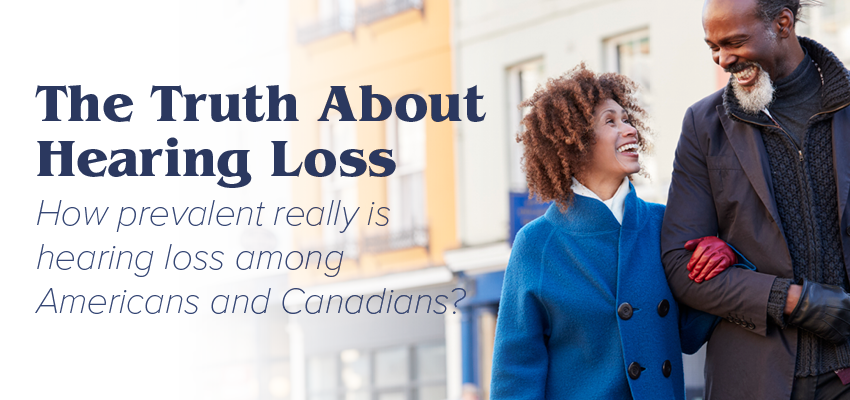Importance of Dedicated Hearing Care
Are over-the-counter hearing solutions a safe and effective alternative to


Are over-the-counter hearing solutions a safe and effective alternative to

Looking up your symptoms online can create a lot of fear and uncertainty.

Whether hitting the road for business, planning the trip of a lifetime, or